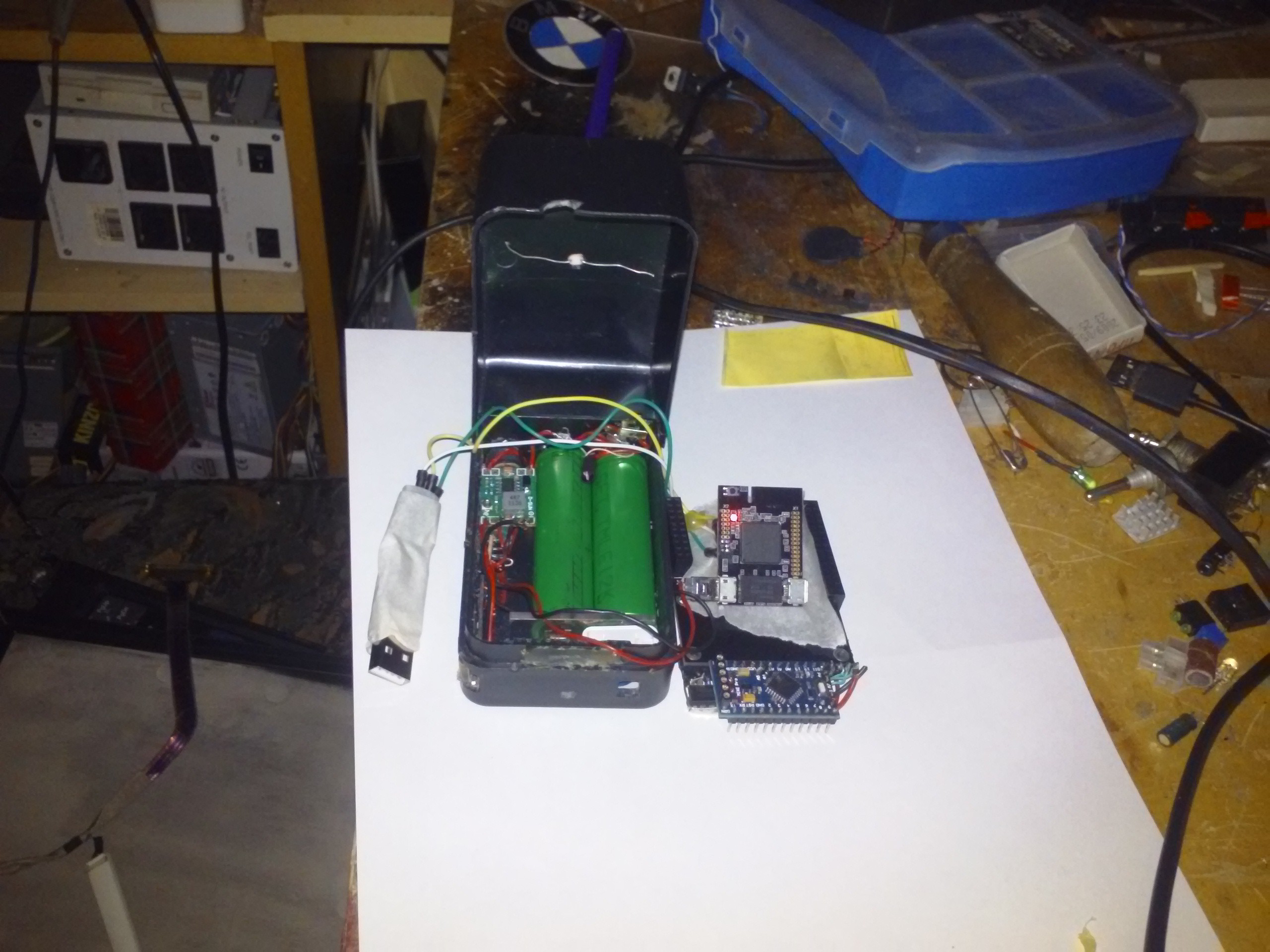What I'm going to do:
- Make a battery charging/monitoring/DC-DC setup that's not too complicated and yet safe to use with Li-ion - in progress
- Assemble the thing. Write some sample code, as well as Arduino firmware test.
- Set up Python on my board and do some benchmarks to understand whether it fits the board and whether it works fast enough.
- Make some user-friendly scripts to automate things, such as USB auto-mount with additional actions, SMB/NFS share creation for new partitions, printer hotplug and so on
- Automate some time-consuming repetitive tasks, such as uploading packages and firmwares on the board for testing
- Learn to assemble my own packages and firmware binaries, try to support the infrastructure for other users, too
- Try to set up IR receiver on GPIO with LIRC - this was a big struggle for me when I last tried doing it with OpenWRT, I wasted a couple of days
- Assemble and test SPI flash programmer prototype which uses Raspberry Pi, it can be used for ISP on Pro boards and programming of desoldered chips of Basic boards - just in case I mess up the bootloader =)
- Try to learn some C/C++ writing drivers for stuff I'll be connecting (I've always got Python in case driver writing appears too complicated =) )
- Later, make a new hardware revision with more electronics on a custom-made PCB, more batteries and a better case, preferably wearable on a belt, though not necessarily.
Here are some photos to show you what it looks like now with power input and management stage in the making, finished and re-made again after finding some problems:

(Masking tape to be removed soon)
 Arya
Arya
Discussions
Become a Hackaday.io Member
Create an account to leave a comment. Already have an account? Log In.